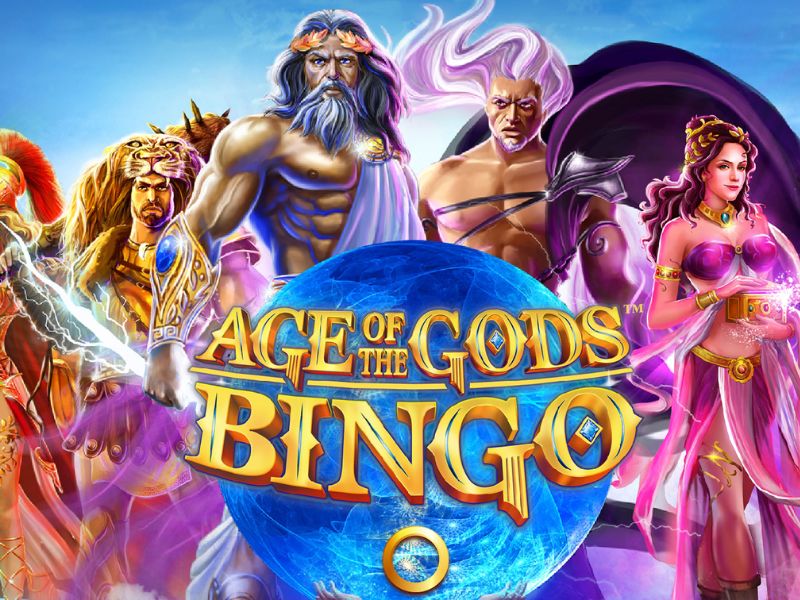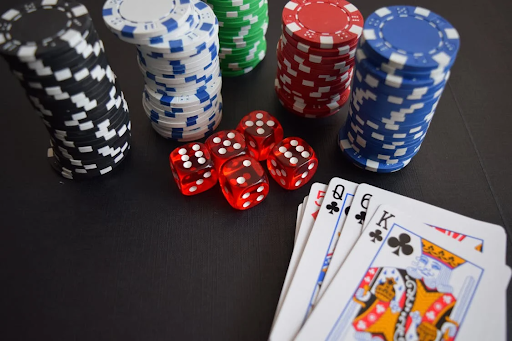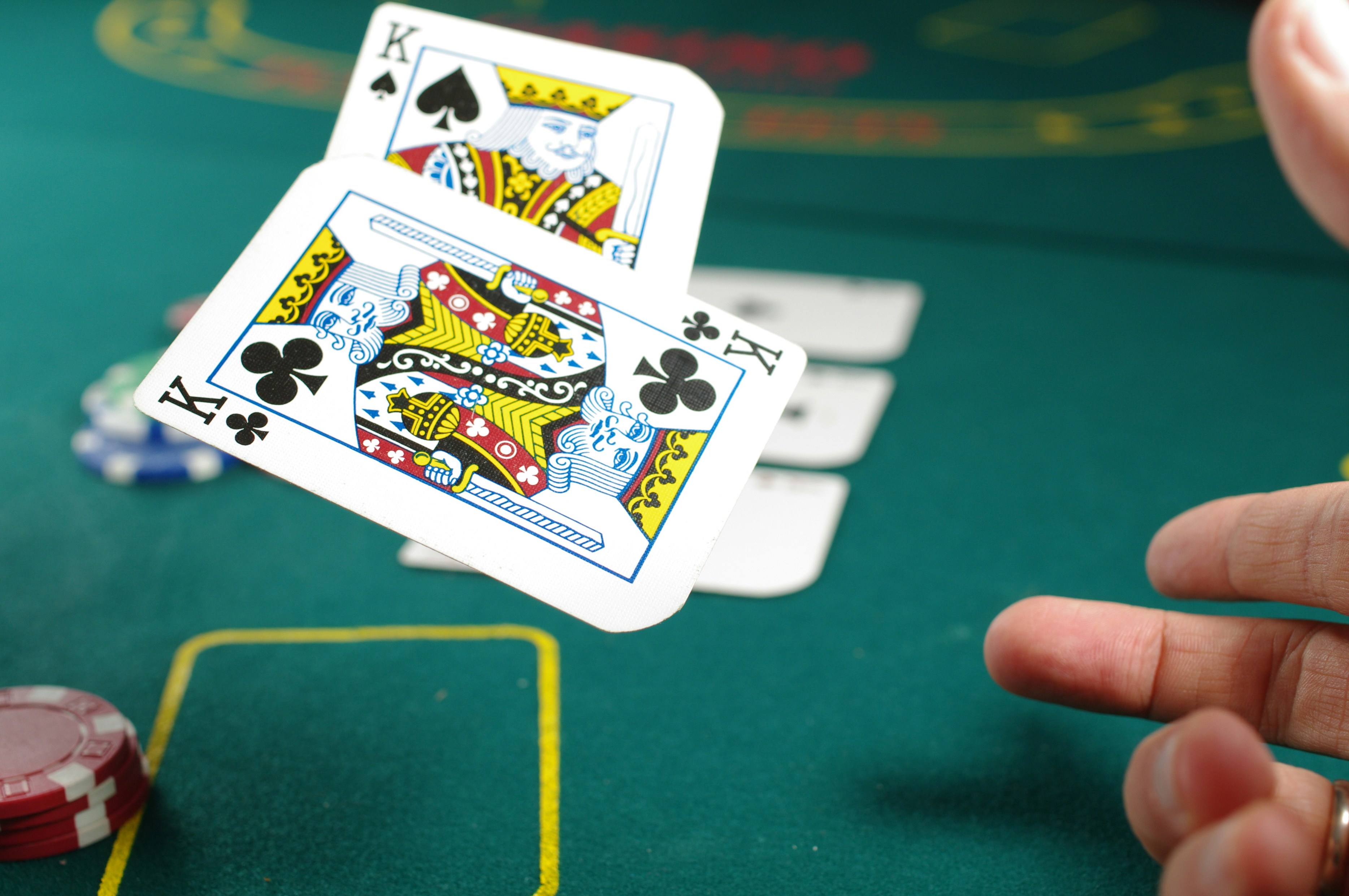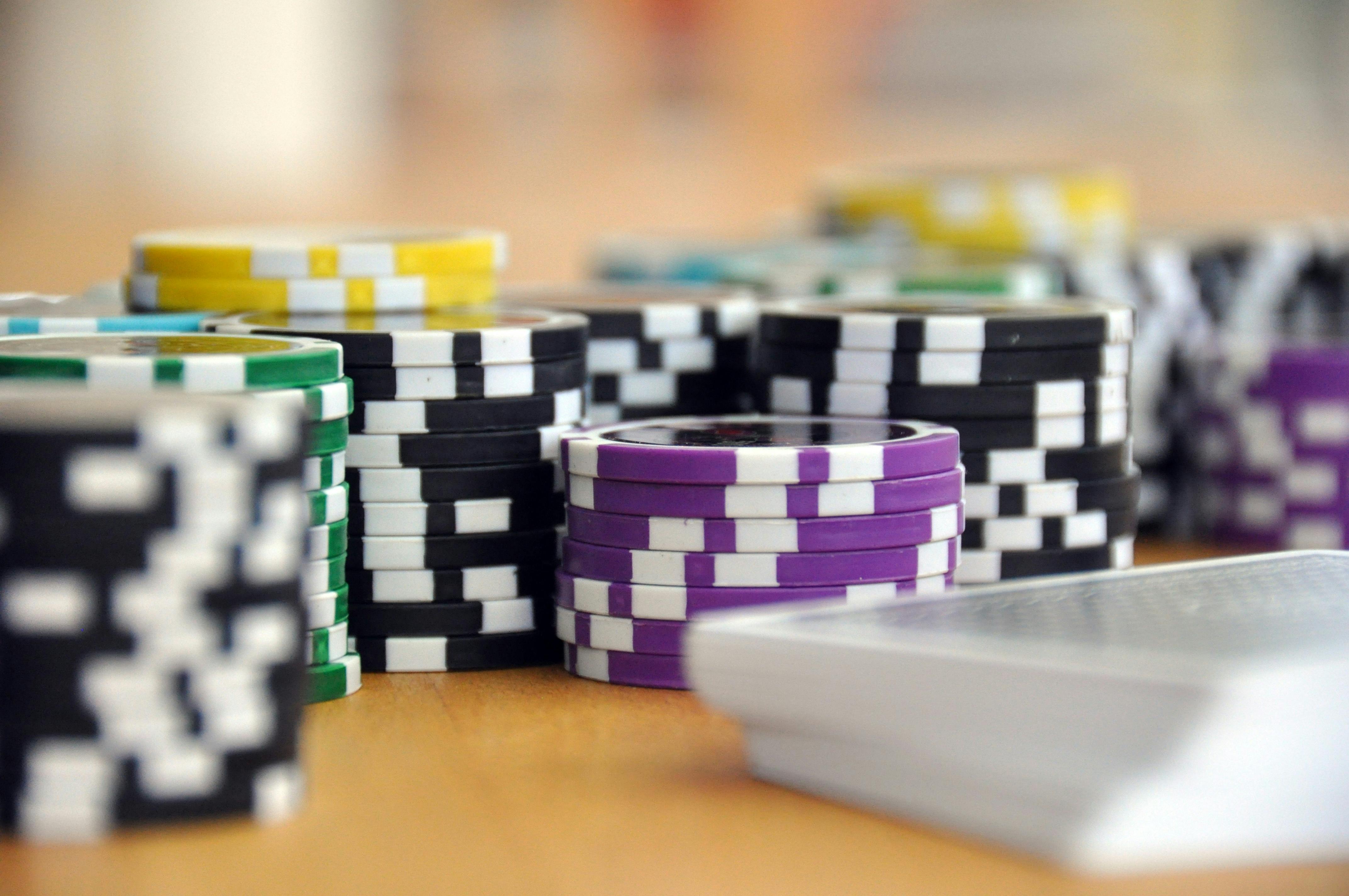The Role of Luck vs. Skill in Gambling
The age-old question has sparked a discussion that is thriving today and will probably continue to capture and fascinate the minds of players worldwide. The gambling industry is packed full of incredible tales, all more fascinating than the next, where ordinary people, by happenstance, have won staggering amounts. In other tales, we have hardened professionals playing top-notch games in prestigious tournaments. All tales have something in common - is it luck or skill?
1. Definition of Luck
Luck as a factor comes into play in seemingly invisible ways. A draw of the card that's needed to finish a full house. A special spin of the day that always rewards. Sometimes, people wear lucky clothes or perform lucky rituals, and these can vary by culture and person. All superstition and folktales aside, whenever a player is engaged in gambling games, the closest tangible term associated with luck would be RNG (random numbers generator), which is best observed with slot machines.
Casino Expert, Ben Horlock, has listed some of the best instant withdrawal casino sites that offer high RTP (return-to-player) slots, which means they are tuned more towards the player. Quantifying luck or expressing it meaningfully is difficult, as laws abide by rules, and luck is not such a force or a term. But by observing any casino game, patterns emerge, and by playing games, players can have more luck than not trying at all.
2. What is the gambling skill?
Luck is above any player's control, yet its allure will always remain appealing. Skill, on the other hand, can be defined, earned, and expressed for each player. A first-timer sitting at the same poker table as a hardened pro will surely be at a disadvantage, and it is here precisely where we can see the effects of skill in gambling games. Skill takes time and effort to develop, whereas seasoned players who played an impressive amount of games can boast of having acquired certain skills.
Concrete skills like card counting, bluffing, reading your opponent, or betting strategy are all underlying and essential skills of any casino player worth their salt. Knowledge translates well into the digital world, where skills can be helpful even with crypto gambling, just as they are in their real-life counterparts. So, skills are transferable and clearly defined, but the question remains, what's better to have in any game?
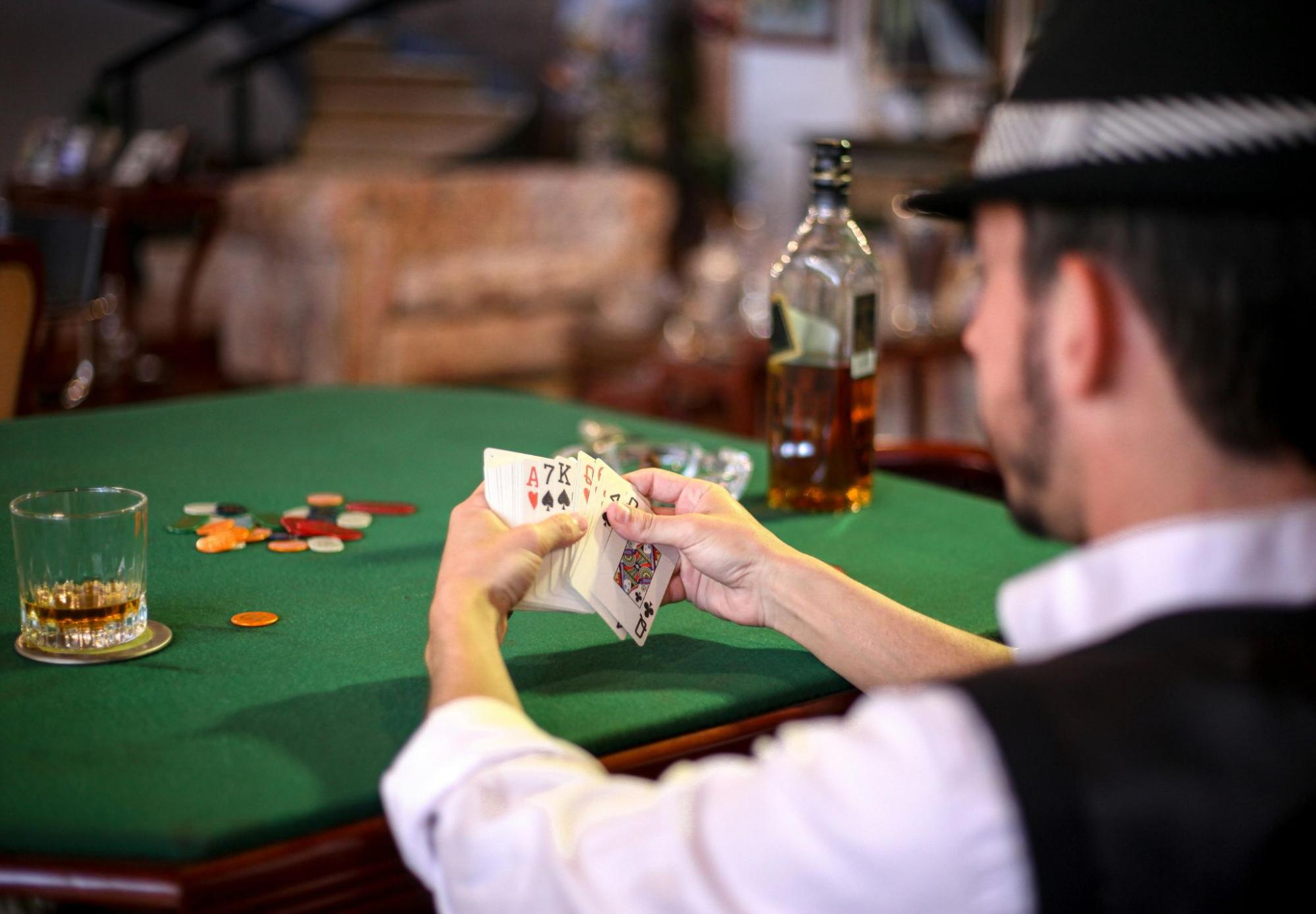
3. Skill VS Luck
Poker tales would argue that a lucky draw can beat anyone, and sometimes, they would be right. But no amount of luck can help a player who does not know what he is doing or who is outplayed by a much better opponent. Thus, the skill could be defined as certainty and luck as sheer brute force, which occasionally blesses a player. Luck is such an impressive force that, throughout history, it has inspired the creation of various gambling gods, demonstrating how strongly people believe in the concept of luck. At some point, the border between luck and skill gets blurred, and discerning what is what becomes crucial.
A player who can predict each card may seem like a very "lucky" individual to an inexperienced bystander, but in reality, the experienced player may just be counting cards. What appears to be luck can sometimes be rationally explained by incredible skill. Even the randomness of card drawing can be mathematically calculated, and the outcome explained. But, when an incredibly rare outcome happens to a player, can the event be attributed to skills or luck?
4. Luck-based gambling games
After all this talk, some terms have begun to surface where we can with certainty claim that, in some cases, luck can prevail over skill and vice-versa. Gambling games are not a topic of myth anymore. Each game has its mechanics studied, publicly analyzed, and known for a long time. As such, keno and bingo, roulette, and slots can be safely put in the lucky games category, as their outcome is not directly based on player skill.
Let's take something like a gas station slot as an example. Slot games are pretty straightforward and rely on RNG, as previously explained. The player puts in a certain amount of money in the machine and, mostly, pulls a lever, after which the slot machine displays a combination of symbols. Some combinations are rare and rewarding, others are not. In such cases, the player can not affect the outcome, as it's based on RNG, but based on RTP, the player can increase his odds in some cases. Roulette is similar, where a player makes his best prediction on where the ball will land and places a bet on an outcome.
Larger outcomes like betting on red give the most chance to the player, rather than betting on a single number, and a player could think that his luck increases with his actions. However, as rarer outcomes (such as placing a specific bet) have a greater payout than a more general placement (like a color), luck as a factor comes into play in roulette only in the form of monetization. The rarer the outcome, the more lucrative the payout, and thus, in luck-based games, luck could be associated with payouts. But, it's important to note that all outcomes in luck-based games are based on the RNG factor, and when players go over to recognize patterns or study the game to "increase their luck" they are turned over to the skill-based games.

5. Skill-based gambling games
Skill-based gambling games are entirely different from pure luck games. The player has more agency over the flow and outcome, strategies exist, and player gambling skill, as a factor, can and does increase with each game. In roulette, for example, a player who has played it for ten years and a newcomer have equal chances when sitting at a table, but with poker, it's an entirely different story. Blackjack, poker, sports betting, baccarat, and others are high-skill games where the player needs to know and, preferably, study the game rules before playing.
Analyzing the game flow, studying your opponent, using psychological pressure, and using card counting techniques are all some of the virtuous skills that experienced players employ to tilt the odds in their favor. A good example would be to compare blackjack and slots. Slot machines have truly randomized outcomes with every spin. You never know the output, nor do you have agency besides pulling the lever.
The chances are always equal and depend on RNG, RTP, and house edge to some extent. But in blackjack, you can know the game outcome with your next move. Let's say you have a theoretical 20 score. Each blackjack player knows it's unlikely the next card could be helpful and can decide their move accordingly. With the game of blackjack being set, with rules known, the player can deduct which cards remain, see the dealer's hand, and make an informed decision. All these moves require patience, skill, and player engagement, which are not present in luck-based gambling games.
6. The fusion of the two
Poker players can bluff, use psychological tricks to hamper their opponents, count cards, and use all sorts of poker skills to their advantage, but they'll also wear their lucky hat or jeans. Baccarat players know the decks by heart and can calculate in their minds the probability of some outcomes, but still wear out the card decks with lucky bending. If professional players still have their lucky rituals, then there must be something to both luck and skill.
We can attribute any lucky ritual to a psychological edge and the winner mentality. "If I wear X, then my luck increases." is a good example of casino players prepping to remain calm under pressure. We are yet to see crap players now blow their dice for good luck, or a dedicated player not playing at his favorite slot machine, but while on the surface these tiny rituals may be silly, they are all part of the casino culture.
Luck may not be something tangible, and the same applies to any method for increasing luck. But, increasing the personal feeling of being lucky, via charms and personal rituals, is certainly helpful as it gives a psychological advantage and allows the player to play to his full capacity.
Luck or skill in gambling is not a competition, but a fusion of two worlds. Using the best the two have to offer will always benefit the player. Each has its place in the gambling world, and neither should be exclusive. Luck as a factor may be the first and oldest, looming over every game and capturing the player's imagination, but it still has its place despite its superstitious nature.
Skill is highly desired by all, and not easily obtainable, but it does give the players tangible advantages. Using both where applicable and enjoying your time playing will lead to the best outcome. Lady Lucky may be smiling, but only to those who've honed their skills.










